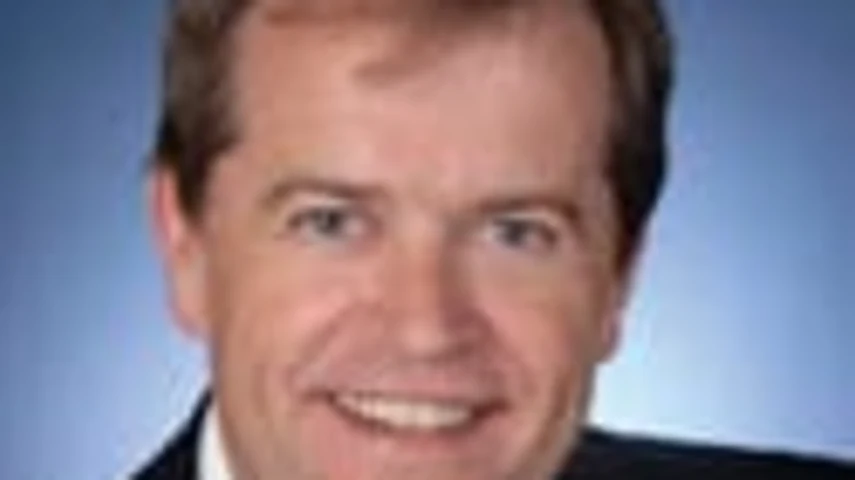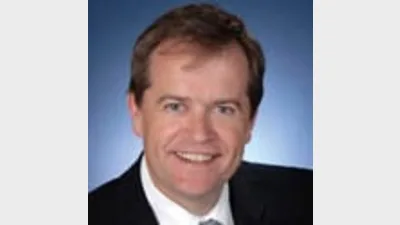Pragmatic approach to reform needed: Shorten



It is important not to take legislation such as the recent round of superannuation reforms to Parliament without first forming an industry consensus, according to Minister for Financial Services and Superannuation Bill Shorten.
Speaking at the Association of Superannuation Funds of Australia (ASFA) national conference, Shorten said his regulatory reforms to the superannuation industry were the result of "robust negotiations and compromise", a process that he conceded could sometimes lead to complexity.
"The story of Australia is one of pragmatism, not ideology. Where there's compulsory savings ... the stewards of the money have an obligation to force down fees and charges and work towards better performance," he said.
However, he added that various sectors of the superannuation industry had been "worrying about perceived advantages in terms of distribution that another sector might have", rather than focusing on the overall goal of reforming the system.
In particular, he was disappointed by the constant "sniping" between industry super funds and retail funds. He added that there was general support for the Future of Financial Advice reforms, with the exception of "a few rogue planners".
But there was a general consensus that if the superannuation guarantee (SG) was to be increased to 12 per cent, the efficiency and equity of the system would have to improve, Shorten said.
The increase to the SG would put Australia in the box seat globally when it came to retirement savings, he said.
Recommended for you
ASIC has released the results of the latest financial adviser exam, held in November 2025.
Winners have been announced for this year's ifa Excellence Awards, hosted by Money Management's sister brand ifa.
Adviser exits have reported their biggest loss since June this week, according to Padua Wealth Data, kicking off what is set to be a difficult December for the industry.
Financial advisers often find themselves taking on the dual role of adviser and business owner but a managing director has suggested this leads only to subpar outcomes.










